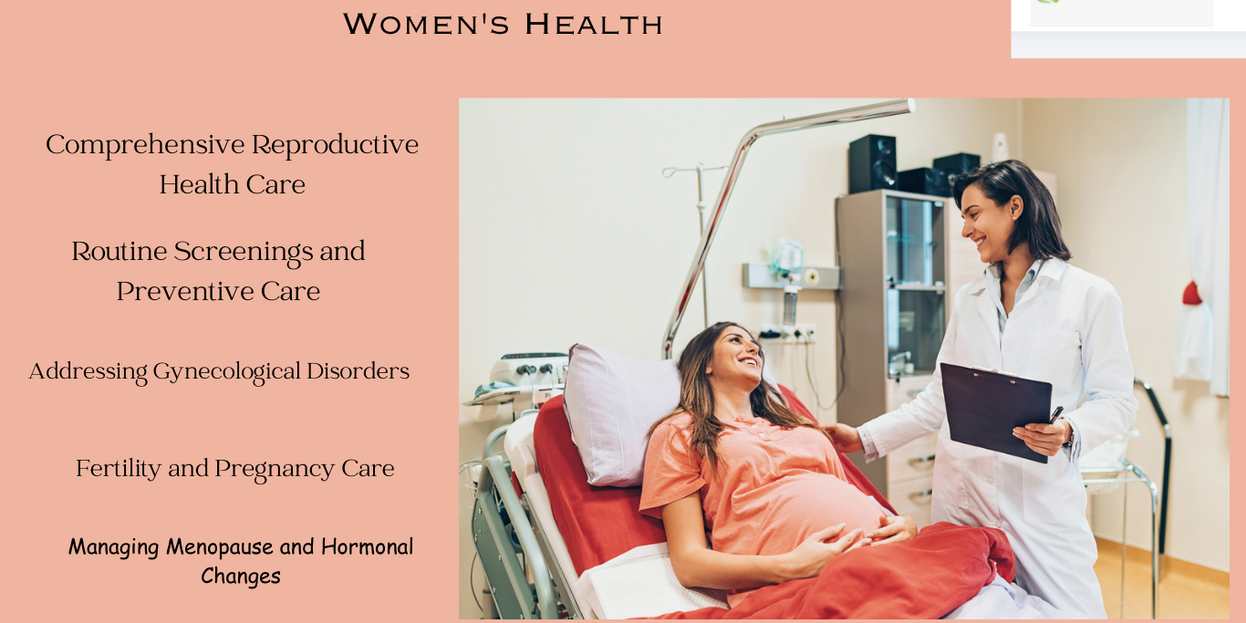Introduction
Women’s health encompasses a wide range of physical, emotional, and reproductive aspects. Central to this holistic well-being is the role of a gynecologist, a medical professional specializing in the care of the female reproductive system. Beyond the stereotypes, gynecologists play a pivotal role in ensuring women’s overall health, empowerment, and quality of life. In this article, we delve into the multifaceted responsibilities of gynecologists in safeguarding and enhancing women’s health.
Comprehensive Reproductive Health Care
Gynecologists are at the forefront of providing comprehensive reproductive health care. They guide women through various life stages, from adolescence to menopause, offering expertise on menstrual health, fertility, contraception, and family planning. Regular check-ups with a gynecologist enable early detection of potential issues, ensuring timely interventions and personalized care plans.
Routine Screenings and Preventive Care
Gynecologists emphasize the importance of routine screenings as a cornerstone of preventive care. Pap smears, mammograms, pelvic exams, and screenings for sexually transmitted infections (STIs) are integral components of their services. These screenings aid in detecting anomalies, often before symptoms manifest, allowing for early treatment and improved outcomes.
Addressing Gynecological Disorders
Gynecologists are equipped to diagnose and manage a spectrum of gynecological disorders, ranging from common conditions like urinary tract infections and menstrual irregularities to more complex concerns like endometriosis and uterine fibroids. Their specialized knowledge ensures accurate diagnoses and tailored treatment plans.
Fertility and Pregnancy Care
Gynecologists play a pivotal role in helping couples navigate fertility challenges. They offer guidance on conception, provide fertility assessments, and offer assisted reproductive technologies when necessary. Additionally, gynecologists offer prenatal care, ensuring the health and well-being of both mother and baby throughout pregnancy.
Managing Menopause and Hormonal Changes
As women approach menopause, gynecologists assist in managing the physical and emotional changes that accompany this transitional phase. They offer insights into managing symptoms such as hot flashes, mood swings, and bone health concerns. Gynecologists create personalized approaches to help women embrace this new chapter in life.
Educational Advocates
Gynecologists serve as educational advocates, fostering open dialogues about sexual health, contraception, and safe practices. They empower women with accurate information, debunking myths and enabling informed decisions about their bodies and reproductive choices.
Conclusion
The role of a gynecologist extends far beyond clinical examinations. They are champions of women’s health, offering guidance, support, and expertise in every aspect of a woman’s life journey. From adolescence to menopause, gynecologists play an essential role in promoting well-being, preventive care, and reproductive health. Their commitment to fostering a healthier, empowered female population is a testament to their significance in the realm of medical care.







